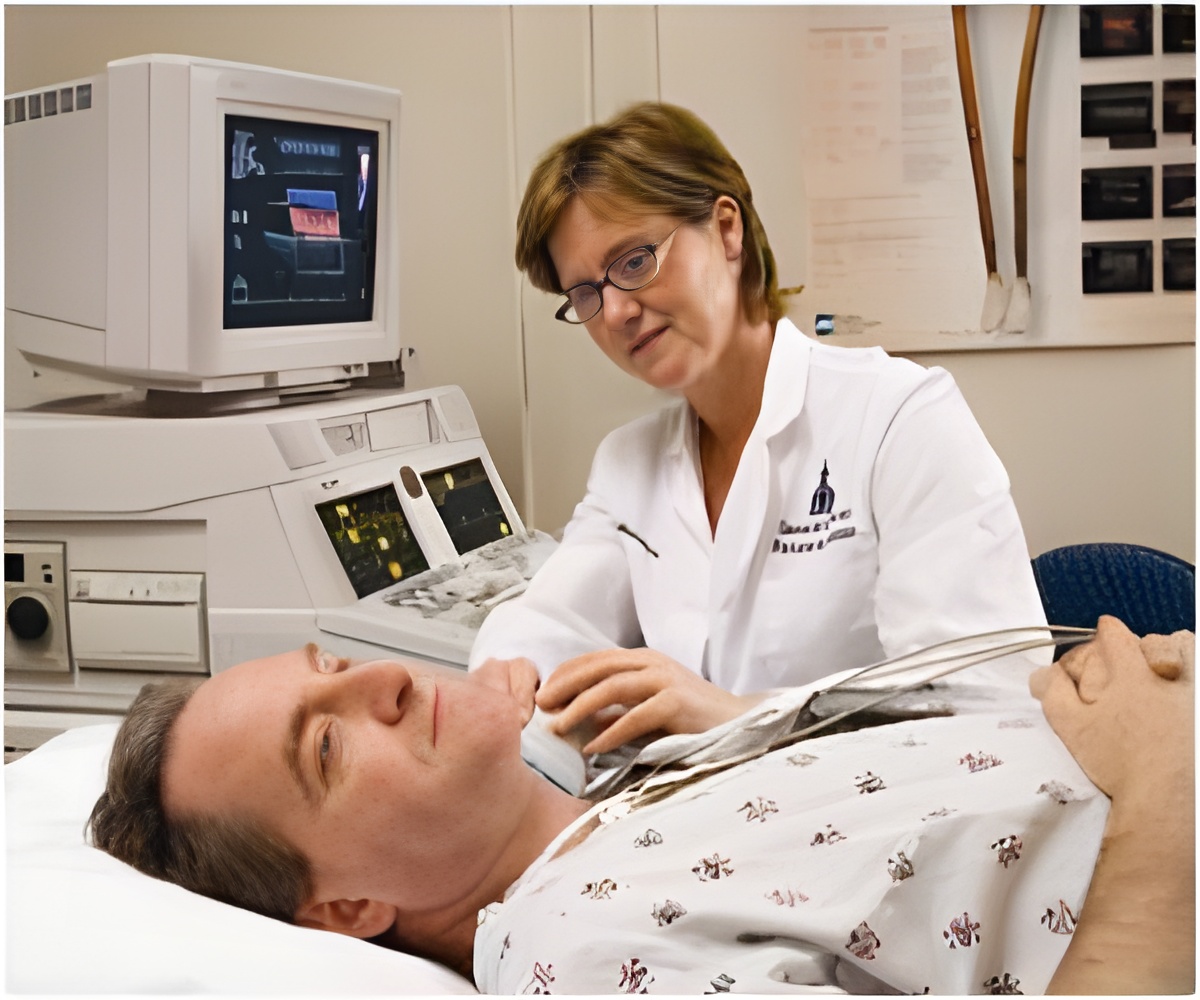Official assessments of a doctor's professionalism should be considered carefully before being accepted due to the tendency for some doctors to receive lower scores than others, and

Doctors' regulator the General Medical Council (GMC) is working on a new system of revalidation for all UK doctors that could be introduced next year as a way of ensuring doctors are fit to continue to practise. This is likely to involve the use of multi-source feedback from patients, peers and supervisors as part of the evidence used to judge a clinician's performance.
The researchers used data from two questionnaires completed by patients and colleagues. A group of 1,065 doctors from 11 different settings, including mostly NHS sites and one independent sector organisation, took part in the study.
They were asked to nominate up to 20 medical and non-medically trained colleagues to take part in an online secure survey about their professionalism, as well as passing on a post-consultation questionnaire to 45 patients each. Collectively, the doctors returned completed questionnaires from 17,031 colleagues and 30,333 patients.
Analysis of the results that allowed for characteristics of the doctor and the patient to be taken into account, showed that doctors were less likely to receive favourable patient feedback if their primary medical degree was from any non-European country.
Several other factors also tended to mean doctors got less positive feedback from patients, such as that they practised as a psychiatrist, the responding patient was not white, and the responding patient reported that they were not seeing their "usual doctor."
Advertisement
The researchers say they have identified possible "systematic bias" in the assessment of doctors' professionalism.
Advertisement
Source-Eurekalert









